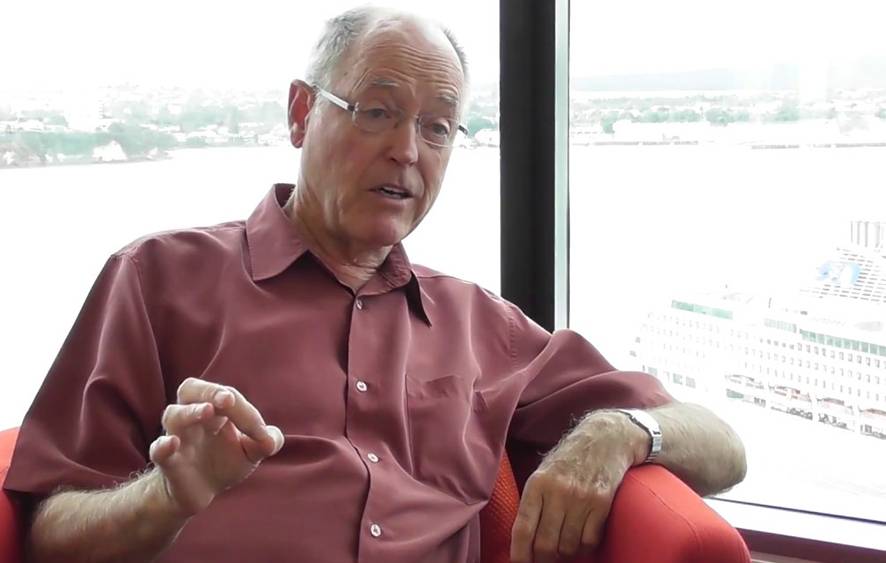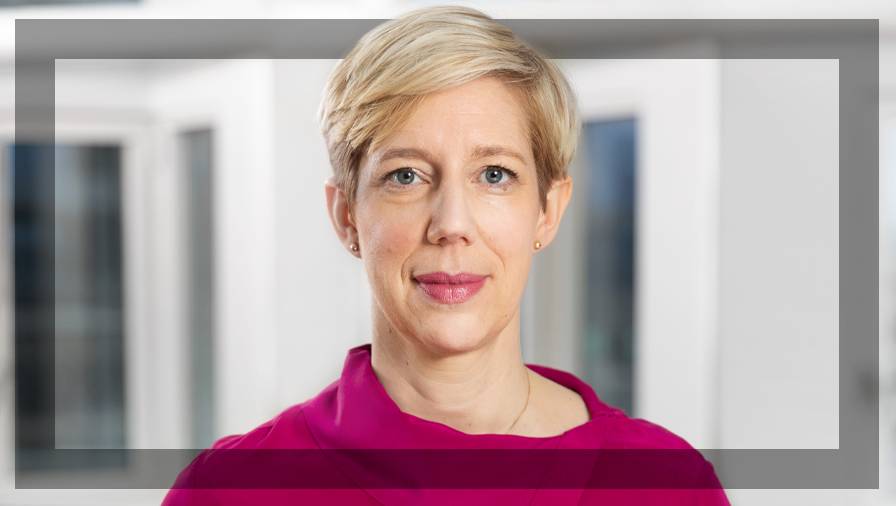Should the RBNZ be independent?
WATCH: Dollars & Sense panel – Brash, Zollner and Hazledine – debates the independence of central banks.
WATCH: Dollars & Sense debates the independence of central banks.
WATCH: Dollars & Sense panel – Brash, Zollner and Hazledine – debates the independence of central banks.
WATCH: Dollars & Sense debates the independence of central banks.
Central banks and politicians have collided this year as pressure builds to lower interest rates fast enough to revive and support struggling economies.
In the United States, President Donald Trump has been putting further heat on Federal Reserve chair Jerome Powell, while back home, former RBNZ Governor Adrian Orr’s mood soured over the central bank’s new five-year funding arrangement, ultimately leading to his shock resignation in March, partway through his second term.
Former UK Prime Minister Liz Truss recently criticised the independence of central banks. During an appearance on Bloomberg’s Odd Lots podcast, Truss was sympathetic to Trump’s criticism of the Fed because monetary policy was “too important” to be left in the hands of unelected officials.
“The Bank of England needs to be accountable to politicians. The current system doesn’t work,” she told the podcast. “There is a reckoning coming for the central banks, not just in Britain, but also in the United States, also the ECB.”
Don Brash was governor of the RBNZ when New Zealand led the world in passing legislation to enforce central bank independence. The Reserve Bank Act 1989 made price stability the main objective of the central bank.
Brash doesn’t put much weight on Truss’s opinion, but also notes that the RBNZ is not "totally independent”. In New Zealand, the government of the day gives the RBNZ an inflation target to achieve over the medium term. The target band is currently 1-3%, with a desired 2% midpoint.
“The central bank in New Zealand has a degree of operational independence to deliver the government-chosen target,” Brash says.
What have you observed this year between politics and central banking? NBR asks.
“Well, clearly, it's very difficult for politicians to keep their hands out of monetary policy. We've seen it even in New Zealand; politicians making a comment about monetary policy in a way which hasn't been very common in the past. But, let's face it, monetary policy has a big effect on the economy, so it's not surprising that politicians occasionally want to comment on that. I think that's almost inevitable.”
ANZ chief economist Sharon Zollner doesn’t see any threat to the RBNZ’s operational independence.
“It comes down to the question of whether the central bank would feel completely free to ignore the politicians’ comments, and I think in New Zealand, that is the case. I don't see that the Reserve Bank's operational independence has been compromised by people’s reckons.”
Brash agrees, but says: “Politicians haven't been able to keep their mouths closed on it.”

Former RBNZ governor Don Brash.
Auckland University emeritus professor of economics Tim Hazledine questions whether there should be broader reform at the RBNZ and whether inflation should be its “sole preserve”.
Hazledine wonders whether the time is ripe to stop worrying so much about inflation targeting and put the focus on unemployment.
Brash agrees that unemployment is a huge social issue, but says the evidence suggests that monetary policy doesn't have a big effect on unemployment in the long term.
He says the best thing the central bank can do is focus on price stability. “I'm glad the law has been returned to a single [inflation-targeting] mandate, not a dual mandate but, inevitably, if unemployment is going up, the chances are high that inflation is dropping towards the bottom of the target range.”
Hazledine argues that unemployment is a much graver social problem than one or two extra percentage points on the inflation rate.
Zollner responds that Covid-19 was a good test of that. “We found out exactly how low unemployment could go, and that certainly presented some opportunities for people who wouldn't have had them otherwise … but the inflationary impacts were pretty bad.”

Incoming Reserve Bank Governor Dr Anna Breman. (Source: Riksbank)
Last month, Finance Minister Nicola Willis and incoming RBNZ Governor Dr Anna Breman spoke side-by-side to announce her appointment.
When asked about the central bank’s independence, Willis stood on firm ground. “Dr Breman and I both understand the importance of the independence of the Reserve Bank's monetary policy decision-making,” Willis said.
Was it usual for a finance minister and a governor to hold a press conference together? Willis was asked.
“It's appropriate that I stand alongside the new governor to make clear to New Zealand that she has our Government's endorsement and that we have confidence in her,” Willis responded.
Breman was also asked about the central bank's independence. “It's crucial. I feel fully confident that the Reserve Bank is independent,” she told NBR.
Zollner says Breman had an impressive CV with solid credentials. “She obviously will have to get up to speed on the niceties of the New Zealand economy and of our history and our politics and all the rest of it. She'll have a very steep learning curve, but certainly her CV would suggest that she'll be able to get to the top of that mountain pretty quickly.”
Breman’s appointment won't change the monetary policy outlook in the near term because the OCR is a decision of the Monetary Policy Committee, which has a “very clear” remit and code of conduct, Zollner says.
“Previous transitions have been really quite seamless in that regard, so we would expect it to be more of the same.”
Brash hopes we’re entering an era where central banks stick to their lane and what they do best, “controlling the inflation rate”, while Zollner ponders whether inflation targeting will face greater scrutiny and be challenged.
“Low inflation is a nice-to-have. It's a very-nice-to-have, but you can imagine scenarios where it is not the No 1 priority of the government of the day.
“Keeping a government solvent would be a higher priority, for example, and looking at levels of fiscal debt around the world, that could become a trade-off that needs to be made. Paying for a war effort would be another thing that would see inflation targeting tipped unceremoniously out the window. So, I think we're heading into an interesting time.”
Sign up to get the latest stories and insights delivered to your inbox – free, every day.